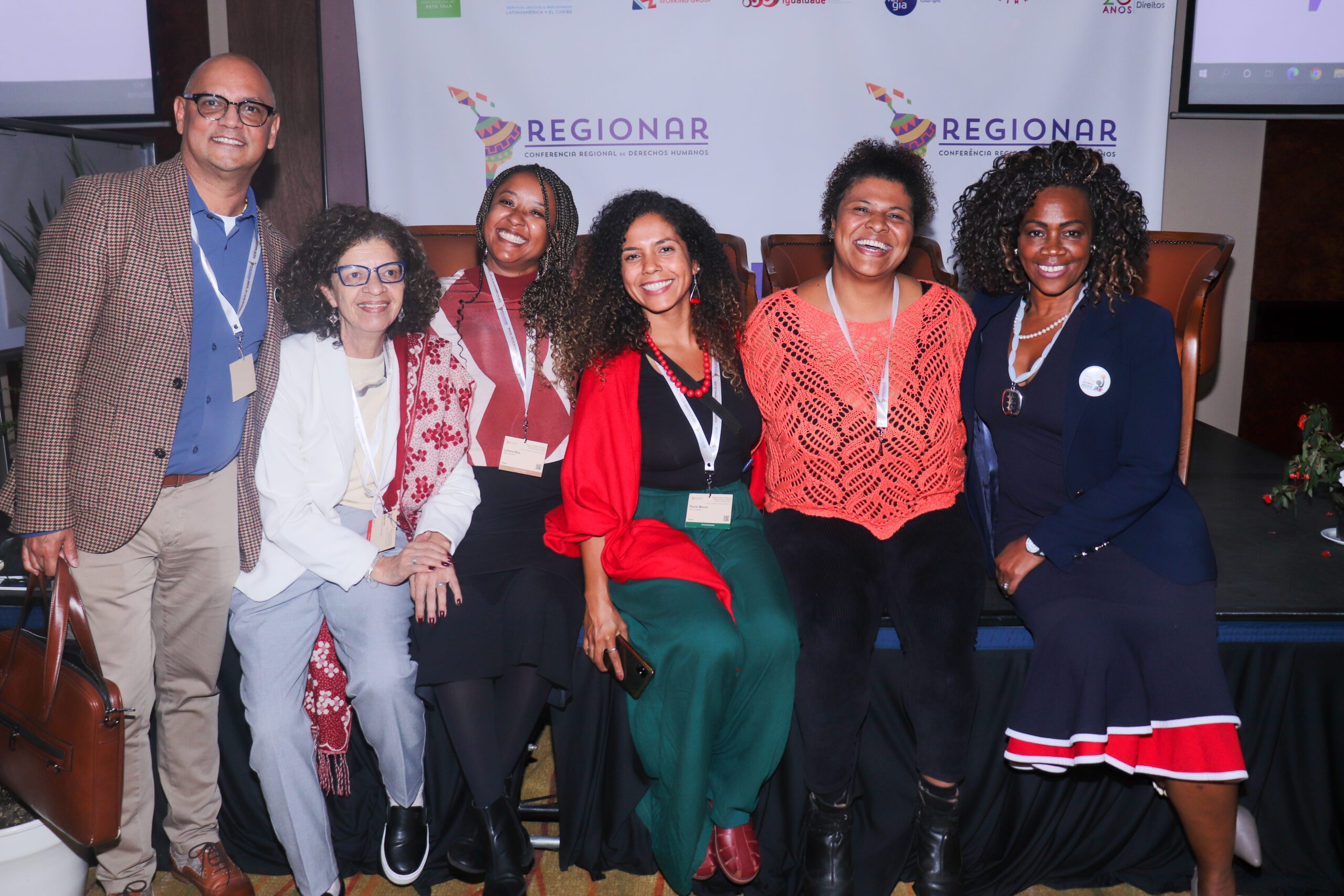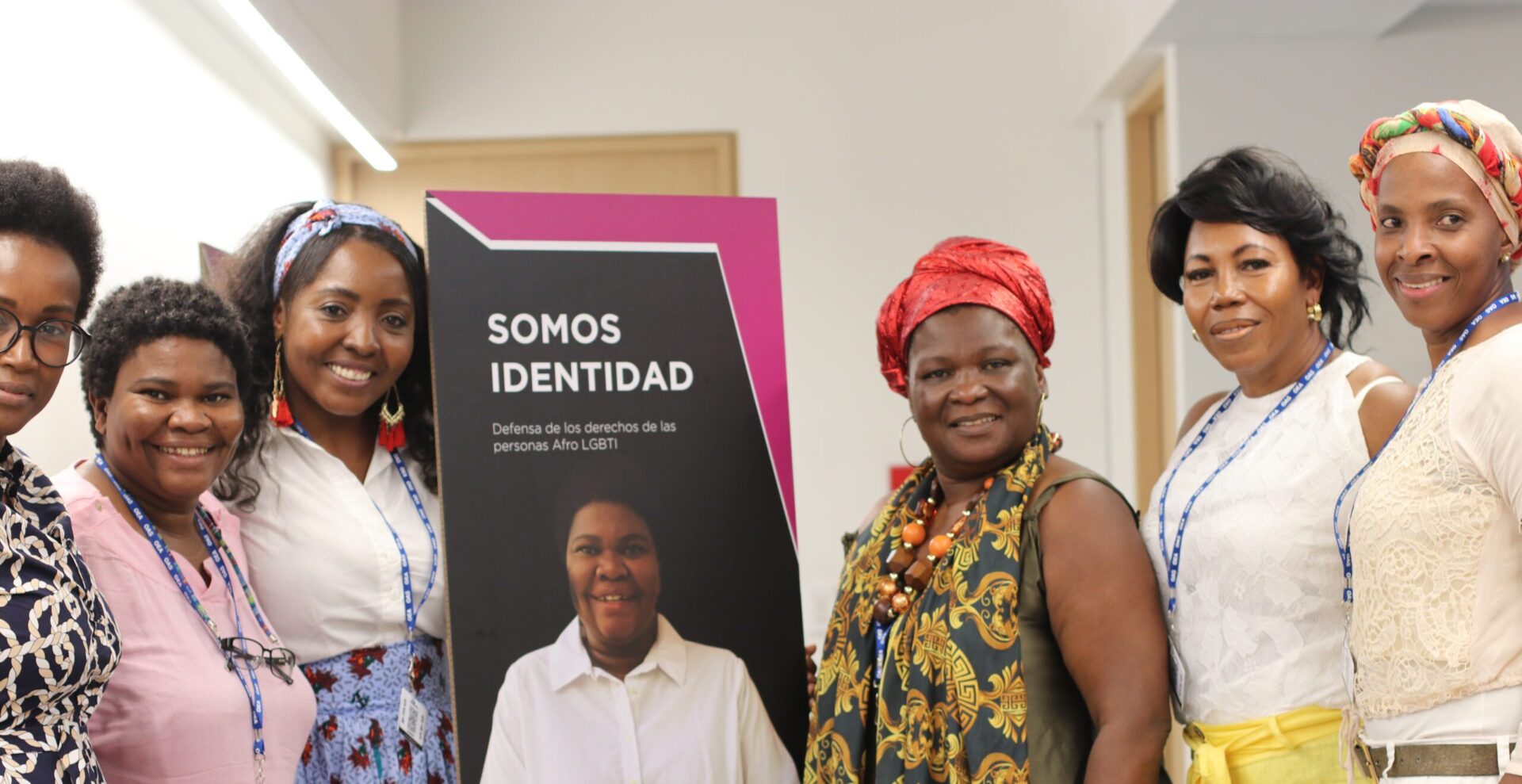The United Nations Economic Commission for Latin America and the Caribbean (ECLAC) – using data from 2020 Censuses across Latin America – estimates that around 134 million people self-identify as Afro-descendant. This represents roughly 20.9% of the region’s total population. Although the population is generally distributed nationwide and, in the case of some countries, live in ancestral rural lands, the majority of afro-descendants now live predominantly in urban areas – nearly 70% in some countries.
The Afro-descendant population in Latin America continues to face structural racism and racial discrimination, leading to a higher incidence of extreme poverty, unequal access to quality education, unemployment, and violence based on racial profile, among other circumstances. Additionally, factors such as age, place of residence, disability, immigration status, sexual orientation, gender and gender identity – among others – may cause even greater vulnerability within the same Afro-descendant population.
Our Work with Afro-descendant populations
Race and Equality has focused its work to:
- Promote the incorporation of the ethnic/racial variable (Afro-descendant self-recognition question) in the National Population Census of Latin American Countries. This represents a key element to knowing the Afro-descendant population’s quality of life and generating adequate solutions to these realities. Although some States have already started this task, there are still many shortcomings when incorporating, analyzing and making use of this variable.
- Promote the effective participation of Afro-descendant civil society organizations and activists before the Organization of Americas States (OAS). We do this through: Promoting registrations within the OAS, promoting participation at the OAS’ Summit of the Americas and the General Assemblies; being in permanent communication with the Inter-American Commission on Human Rights (IACHR) Rapporteurship on the Rights of Afro-descendants and against Racial Discrimination; and promoting the ratification and effective implementation of the Inter-American Convention against Racism, Racial Discrimination and Related Forms of Intolerance (CIRDI).
- Advocate before the Universal Human Rights Protection System through the effective participation of our partners by documenting and testifying before the different committees and rapporteurships that promote the fight against racism, racial discrimination and xenophobia, including their participation before recently created mechanisms such as the Permanent Forum on People of African Descent (PFPAD) and the Expert Mechanism to Advance Racial Justice and Equality in Law Enforcement (EMLER).
- Highlight the importance of the various agreements made between different States to advance racial equity, inclusion and human rights in the region, such as the U.S.-Brazil Joint Action Plan to Eliminate Racial and Ethnic Discrimination and Promote Equality (JAPER), the U.S.-Colombia Action Plan on Racial and Ethnic Equality (CAPREE) and the Declaration establishing the North American Alliance for Racial Equality and Justice between Mexico, the United States and Canada, which are also key forums for strengthening the work of our partners.



